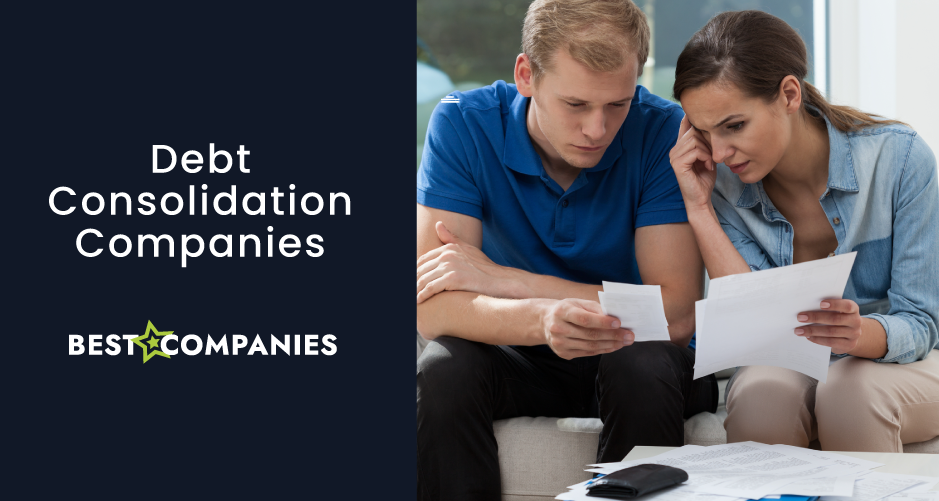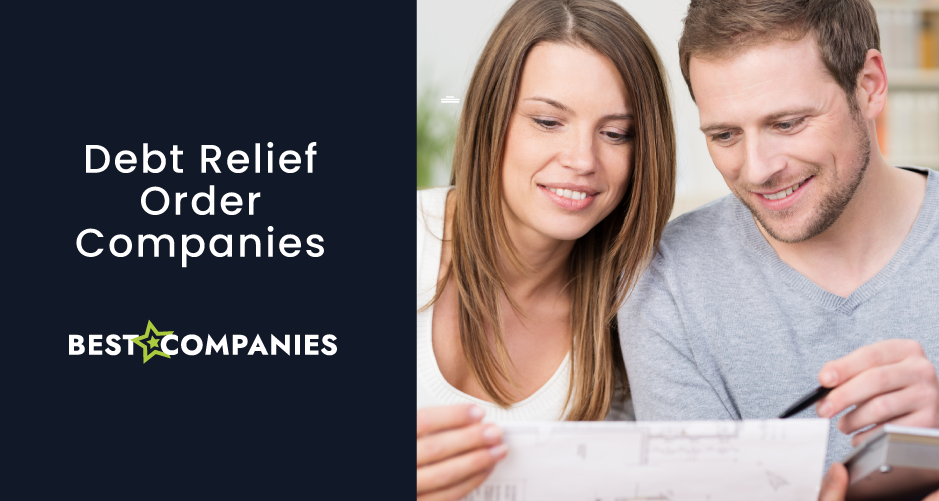Having credit card debt can be intimidating and can cause a lot of financial stress. Knowing how and when to pay it off can put your mind at ease.
In this article, we will discuss all of the possible ways that you can pay off your debt. Keep reading to find out more!
Table of Content
What are my options?
On every credit card bill, your credit card company will always set a minimum repayment amount.
You should always however aim to pay back a little bit extra, to pay off the debt faster and reduce the interest rate.
If you also miss payments extra charges will be added on top of what you already owe, which is why you should always make sure to pay on time.
It is also important to make sure you calculate how much you can afford each month so the debt gets paid off and you can get a good credit rating.
Credit card problems
As soon as you realise that you are struggling to pay off your credit card you should stop using the card immediately and let your credit card provider know about your situation.
They may be able to help you with your situation before it becomes too much for you to pay off.
Making the minimum payment on your credit card could take you quite a long time to pay the debt off.
This is because the minimum payments mainly only cover the interest and charges attached to the debt rather than the balance.
If the debt continues for more than 18 months it is known as a persistent debt, after this has passed your monthly payments may increase.
Some credit card companies are changing their terms and conditions to increase the minimum payment to help customers reduce their debt.
Interested In Finding Out More About The Debt Solutions Available?
Find Out MoreBalance transfers
Most of the time credit cards will let you transfer the balance onto another card. It would benefit you to transfer the money to a card that has the highest interest rate or an interest-free period.
0% interest credit cards are quite hard to get if your credit rating isn’t good. This means that you cannot rely on balance transfers to deal with your debt.
You also need to be aware of a possible transfer fee, when using balance transfers. Most credit card providers charge 2-3% of the amount you’re transferring as a one-off fee.
It’s always better to take advantage of lower interest rates since the fees may mean you save less than you expect.
How do you pay off credit card debts?
Before you start to repay your debt it’s best to stop using your card as soon as possible so the debt doesn’t grow to make it quicker to repay.
Being able to stop using your card can be a very difficult thing but it will help you out a lot with your credit card repayments in the long run.
Looking for a debt solution that suits you?
Click here to find out more!options for paying off credit card debts
One of the things you can do is make a budget that suits you, freeing up some money to increase your payments to reduce your interest.
You can also set up a direct debit with the bank which can help you to avoid fees and give you fewer money worries.
You can also take out a consolidation loan if you think you can afford the repayments if you have a good credit history.
Another thing you can do Is get free debt advice to guide you in the right direction, this will cause less financial stress.
Is it better to pay off a credit card in full
This all depends if you can afford to pay the card off in full, paying off credit card debt in full will mean you pay less interest and charges which can save you a lot of money.
This may not be the best option for you since the only way to pay the debt off in full is to either take out more credit you may struggle to repay again.
A credit limit cant be guaranteed so if you chose to apply for a new credit card to pay for the existing debt in full it could send you back to square one.
Or alternatively, make big cutbacks on your monthly spending habits, which sometimes is easier said than done.
The only way you would be able to pay off the debt by cutting back would be by cutting payments back to only priority bills and essential household living costs.
It may be better for you to pay the debt off gradually if you have a bad credit score since the new credit may be expensive to get due to the high-interest rate.
Summary
In summary, there are many options to help you with paying off credit card debt such as a debt consolidation loan, a balance transfer, getting free debt advice, and paying off the card in full.
Putting yourself in a better financial position is always the main priority, once you’ve paid your outstanding balance it will put you in a better financial situation.
Need help finding the right debt solution?
Find Out MoreBuilding a good credit score and credit report is also essential if you want to take out any loans in the future such as a mortgage or car loan.
Dedicating a savings account just for your minimum monthly repayments will hopefully get you into the routine of putting money away to pay the credit card balance.
Credit Card Debt Help Information
- 118 118 Money Credit Card Debt
- American Express Credit Card Debt
- Aqua Credit Card Debt
- Barclaycard Credit Card Debt
- Capital One Credit Card Debt
- Credit Card Debt
- Credit Card Debt Consolidation
- Credit Card Debt Written Off
- Fluid Credit Card Debt
- Halifax Credit Card Debt
- HSBC Credit Card Debt
- Luma Credit Card Debt
- Marbles Credit Card Debt
- MBNA Credit Card Debt
- Nationwide Credit Card Debt
- Natwest Credit Card Debt
- Ocean Credit Card Debt
- Opus Credit Card Debt
- Paying off credit card debt
- Sainsburys Credit Card Debt
- Santander Credit Card Debt
- Tesco Credit Card Debt
- Vanquis Credit Card Debt
- Virgin Credit Card Debt
Other Debt Solutions
Here are the best debt solutions if you are struggling with credit card debts.








